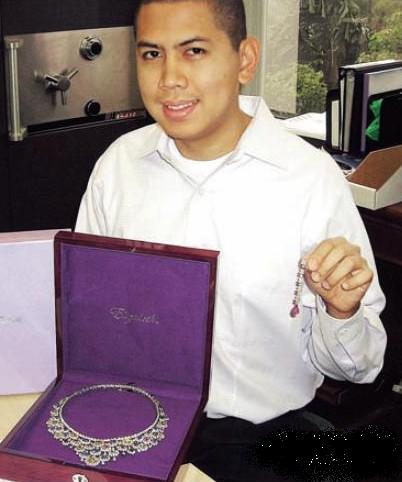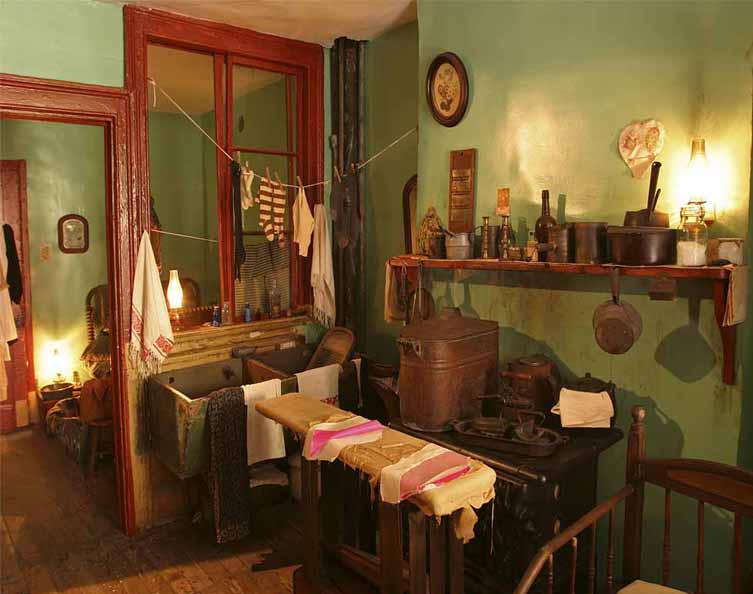FilAms should call their senators to confirm Lewis’s appointment

By Joseph G. Lariosa
CHICAGO – Filipino American lawyer Loida Nicolas Lewis has been extending micro-financing to poor people in the Philippines. But her gesture to empower the pockets of the poor Filipinos stopped when she campaigned against the Davao City mayor who was running for president in the Philippines during the 2016 presidential elections.
After his election as president, Rodrigo Duterte singled out Lewis as one of his enemies even after Lewis had extended an olive branch when she joined other like-minded prominent Filipinos, Filipino American leaders and friends of the Philippines to congratulate Duterte when they visited him in Davao City.
Senate confirmation in December
But things can change for the Filipino American community leader if she is confirmed in December by the U.S. Senate to fill up one of the three vacant MCC board of directors for a term of three years. According to the Glassdoor website, the average annual salary of an MCC board of director is $136,408.
Several Filipino Americans who learned of Lewis’ nomination have urged their fellow FilAms to call their senators to confirm her nomination.
As an MCC board of director, Atty. Lewis can cast a vote if a third world country like the Philippines can qualify to receive a large-scale compact grant which could reach $400 million or a small-scale threshold grant which could reach $21 million. The Philippines has already received a $434 million compact grant in 2010 and $21 million in 2007.
Barring Lewis from setting foot in her native land would be counter-productive for the poverty-bound Filipinos if she were confirmed.
MCC established by Congress in 2004
Millennium Challenge Corporation (MCC) partners with the world’s poorest countries with a focus on poverty reduction through economic growth.
The MCC is a bilateral United States foreign aid agency established by the U.S. Congress in 2004. It is an independent agency separate from the State Department and USAID.
It provides grants to countries that have been determined to have good economic policies and potential for economic growth. The country qualification process is objective, involving scores provided by third parties in 20 different areas.
An eligible country must apply for a grant with a specific project in mind.
According to the OECD (Organisation for Economic Co-operation and Development, the United States’ total official development assistance (ODA) ($55.3 billion, preliminary data) increased in 2022, mainly due to support to Ukraine, as well as increased costs for in-donor refugees from Afghanistan. ODA represented 0.22% of gross national income (GNI).
So, far there have been 43 third world countries that had benefited from the MMC grants.
The MCC Board
The current makeup of the MCC Board includes the Secretary of State Antony J. Blinken, Chair; Secretary of Treasury Janet Yellen, Vice Chair; Katherine Tai, U.S. Trade Representative; Samantha Power, administrator, U.S. AID; Alice Albright, Chief Executive Officer; and Congressman Andre Crenshaw, Private Sector Member. The position for the three other private sector members is vacant. Getting a compact grant is like a camel going through the eye of the needle. The recipient country needs to pass “MCC’s corruption tests.”
The bipartisan support laid down the guiding principles before MCC can approve a grant:
- Competitive selection: Before a country can become eligible to receive assistance, MCC’s Board examines its performance on 20 policy indicators and selects compact-eligible countries based on policy performance. These policy indicators include: qualities of the following, civil liberties, political rights, freedom of information, government effectiveness, rule of law, control of corruption, immunization rate, public expenditure on health, girls’ primary education rate and girls’ secondary education rate, public expenditure on primary education, natural resources protection, child health, inflation rate, trade policy, land rights and access index, regulatory quality, fiscal policy, access to credit, gender in the economy and business start-up.
- Country-led solutions: MCC requires selected countries to identify their priorities for achieving sustainable economic growth and poverty reduction. Countries develop their MCC proposals in broad consultation within their society. MCC teams then work in close partnership to help countries refine a program.
- Country-led implementation: MCC administers the Millennium Challenge Account (MCA). When a country is awarded a compact, it sets up its own local MCA accountable entity to manage and oversee all aspects of implementation. Monitoring of funds is rigorous and transparent, often through independent fiscal agents.
17 indicators
An eligible country must apply for a grant with a specific project in mind. No country can receive funding unless it passes at least half of the 17 indicators and the Control of Corruption indicator.
The Philippines would have received a $500-million poverty-reduction funding from the MCC but it flunked the MCC’s corruption tests under the government of Gloria Macapagal-Arroyo.
But a year later following the election of President Noynoy Aquino who ran under the movement, “Tuwid na Daan” (straight path), the MCC reconsidered the $434-million grant to help the Philippines reduce poverty and fight corruption.
Then, MCC Chief Executive Officer Daniel Yohannes “congratulated the people and the Government of the Philippines for tackling difficult challenges to create tangible opportunities for growth and prosperity.”
Seasoned journalist Joseph G. Lariosa is a correspondent for PhilAmMessenger, a news site published out of Chicago. This article is reprinted with the author’s permission.













